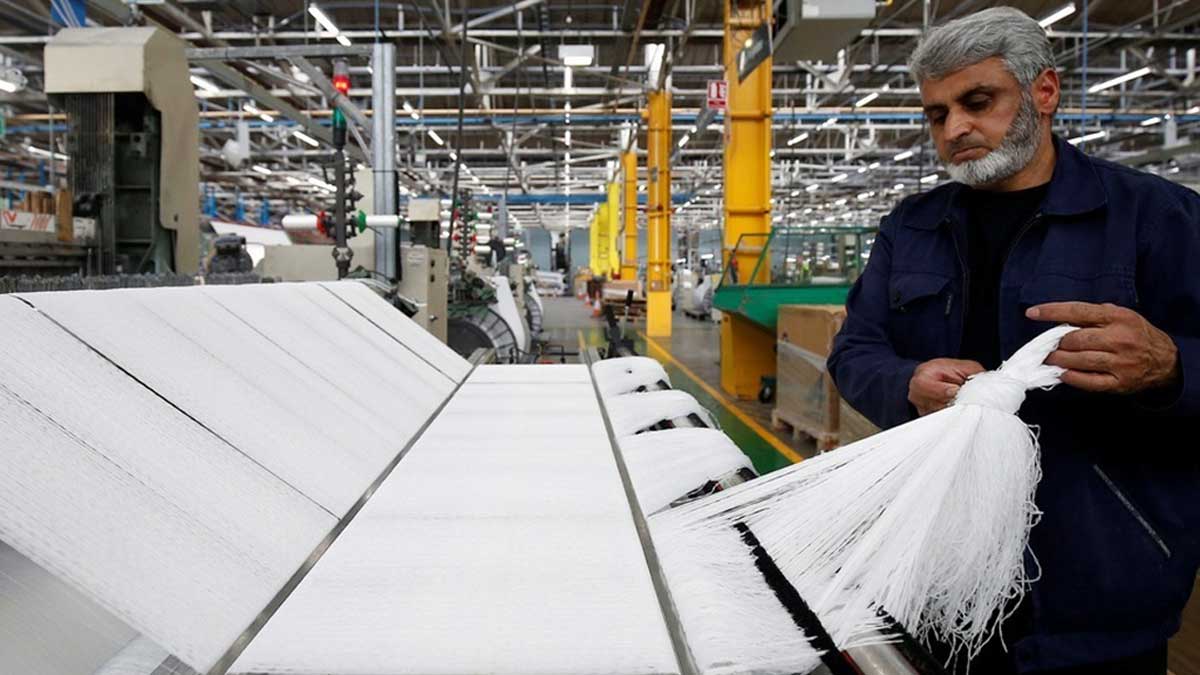Pakistan’s textile sector’s exports are set to swell to a record high and will gain an edge over South Asia, said Abdul Razak Dawood.
“Three-four years ago, Bangladesh was really beating us. The government also plans to announce a proposal next month that will likely provide incentives for exports to new markets such as Africa, South America, and Central Asia. A lot of orders actually were shifted from Bangladesh and India to Pakistan during the pandemic. The other good thing that’s happening is we are now becoming competitive with Bangladesh.” said Abdul Razak Dawood, the Advisor to the Prime Minister.
While talking to an international news agency on Monday, the Commerce advisor to the Prime Minister of Pakistan said that country’s textile sector’s exports are set to swell to a record high and will gain an edge over South Asia. During and after the pandemic, the present PTI government took extraordinary steps to revive the economy of the country.
Read more: Export of textiles soars to $15.4 billion in FY21
The textile sector was the special focus. The government gave very high relief on the duties and taxes on the imports of raw material and machinery, used in the textile sector. The in-time refund policy provided a big relief to the export sector, solving the liquidity issues.
During the interview, Razak Dawood said that the exports of textile products would earn $21 billion during the current fiscal and it is expected that the figure will touch $26 billion in the next financial year.
The relief in the rates of electricity and gas was also provided to the export industries of Pakistan. The devaluation of the rupee played a vital role in the increased exports. Ahfaz Mustafa, the Chief Executive Officer at Ismail Iqbal Securities commented, Pakistan’s exports have become competitive over the past few years. There is a fixed energy tariff regime that keeps in mind regional prices, the government is much quicker to refund the money it owes exporters and there has been a giant currency devaluation.
Pakistan is trying hard to enhance its exports to get rid of the regular boom-bust economic cycles that have compelled it to seek the help of the International Monetary Fund 13 times since 1980.
Another issue, Pakistan is facing is the widening trade deficit. It seems very difficult to curtail the level of imports as the big part of the country’s imports consists of petroleum products, gasoline, and vaccine.





















